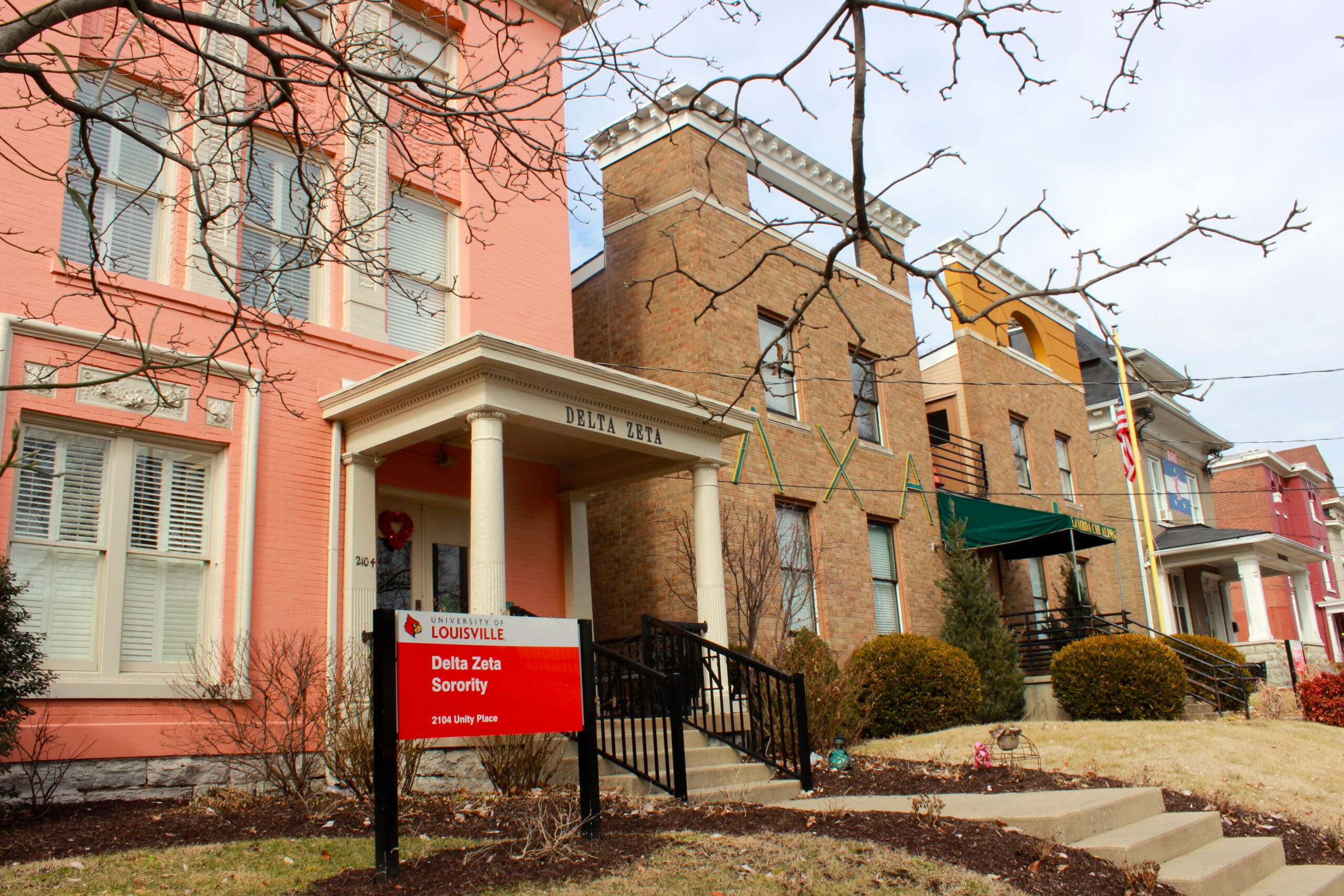We’ve watched the video, heard the chants and probably (hopefully) decided that yes, those guys in Oklahoma University’s Sigma Alpha Epsilon fraternity are racist. But that doesn’t make every Greek member racist. I get that.
However, some opinions have come forward begging for sympathy, because not everyone seems to get that. Most notably, someone submitted an anonymous pity-invoking letter to TotalFratMove.com (TFM) crying about backlash on the Greeks at Oklahoma University. And even here at The Cardinal, someone submitted a piece, upset that the incident “tarnished” Greek identity.
I understand and agree that it is not fair to target and generalize all of Greeks because of one group’s hateful actions, but that type of behavior—the generalizing and targeting, that is—sounds eerily familiar of a group larger than all of Greek life in America. African Americans have been grouped, stereotyped and targeted for as long as they have lived here.
Considering the fact the African Americans were the butt of SAE’s chant, maybe we should shift the focus from complaining about the backlash Greeks may be receiving to realizing that the targeted responses are only a taste of the heat African Americans have unjustly felt for the last 300 years. Suddenly, when primarily upper-class white people are being lashed out against instead of just people of color, the reaction hurts.
This excerpt is from TFM’s anonymous letter, “OU is our home, and we are no longer comfortable here. In our own homes, we do not feel safe. You shouldn’t be afraid to walk to class alone due to the actions of a few bad eggs simply because you may be a member of a Greek organization. We are no longer trusted by our fellow students. Dirty looks are shot our way as we walk campus.”
Let’s replace a few words in this excerpt and read it from the perspective of an African American: “OU is our home, and we are no longer comfortable here. In our own homes, we do not feel safe. You shouldn’t be afraid to walk to class alone due to the actions of a few bad eggs simply because you are African American. We are no longer trusted by our fellow students. Dirty looks are shot our way as we walk campus.”
When people of color are publicized for gang-related crimes, African American men are stereotyped with abandoning children and pushing drugs and African American women are called “welfare queens” and written off as “angry black women,” they are targeted on these predispositions. These are not isolated incidents, while instances of institutional racism in Greek life—and the generalized backlash that follows—are somewhat isolated.
Point one: becoming a scrutinized group for a period of time that will surely blow over is nothing compared to being African American for a lifetime. Some Greeks are acting like they are the real victims here, brushing off the fact that African Americans were once again glaringly told they are not welcome in Greek organizations.
Both letters also sought to return the negative focus on Greeks to a positive focus by reminding their readers that philanthropy is integral to Greek life. While true, it doesn’t actually convince me of anything. Lots of people do nice things. Instead of trying to shift people’s opinions by talking about all the good deeds Greeks do, make initiatives to teach your chapters about diversity. Recruit and welcome students of all colors—and socioeconomic classes. Offer Greek scholarships so students who can’t afford Greek life are capable of joining. Outlaw Confederate flags and chants of Dixie from your events. (Confused? Read Louisvillian Tracy Clayton’s trending article, “A Black Girl’s History with Southern Frat Racism” on Buzzfeed. Seriously, read it. And the follow-up article.)
Point two: Stop sharing anonymous letters and opinion pieces begging for mercy on Facebook, and show the U of L community that Greek life here is above racist behavior instead. By even responding to the targeted responses, Greeks are submitting to the possibility that they are associated with this kind of behavior, almost agreeing that these are valid assumptions. Don’t just tell us how distant Louisville Greeks are, be so distant from any traces of racism, classism and sexism that no one even thinks to assume you’re guilty by association.






